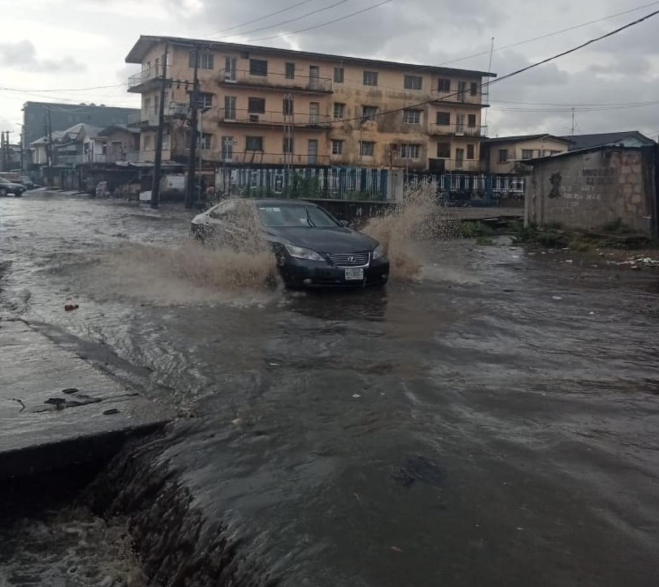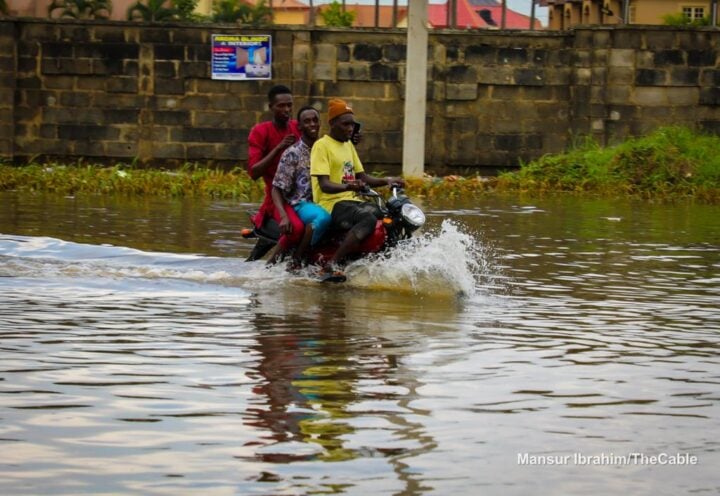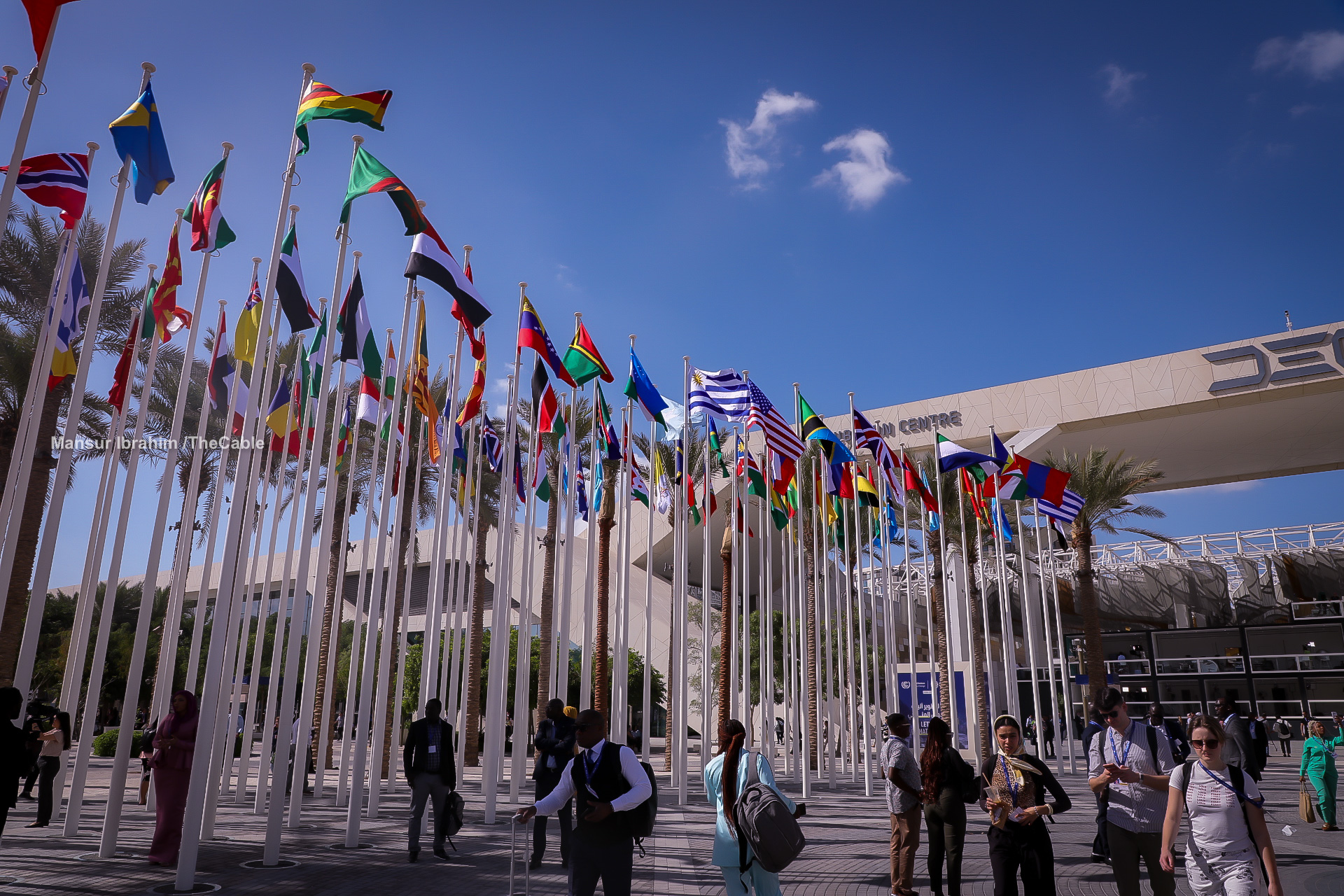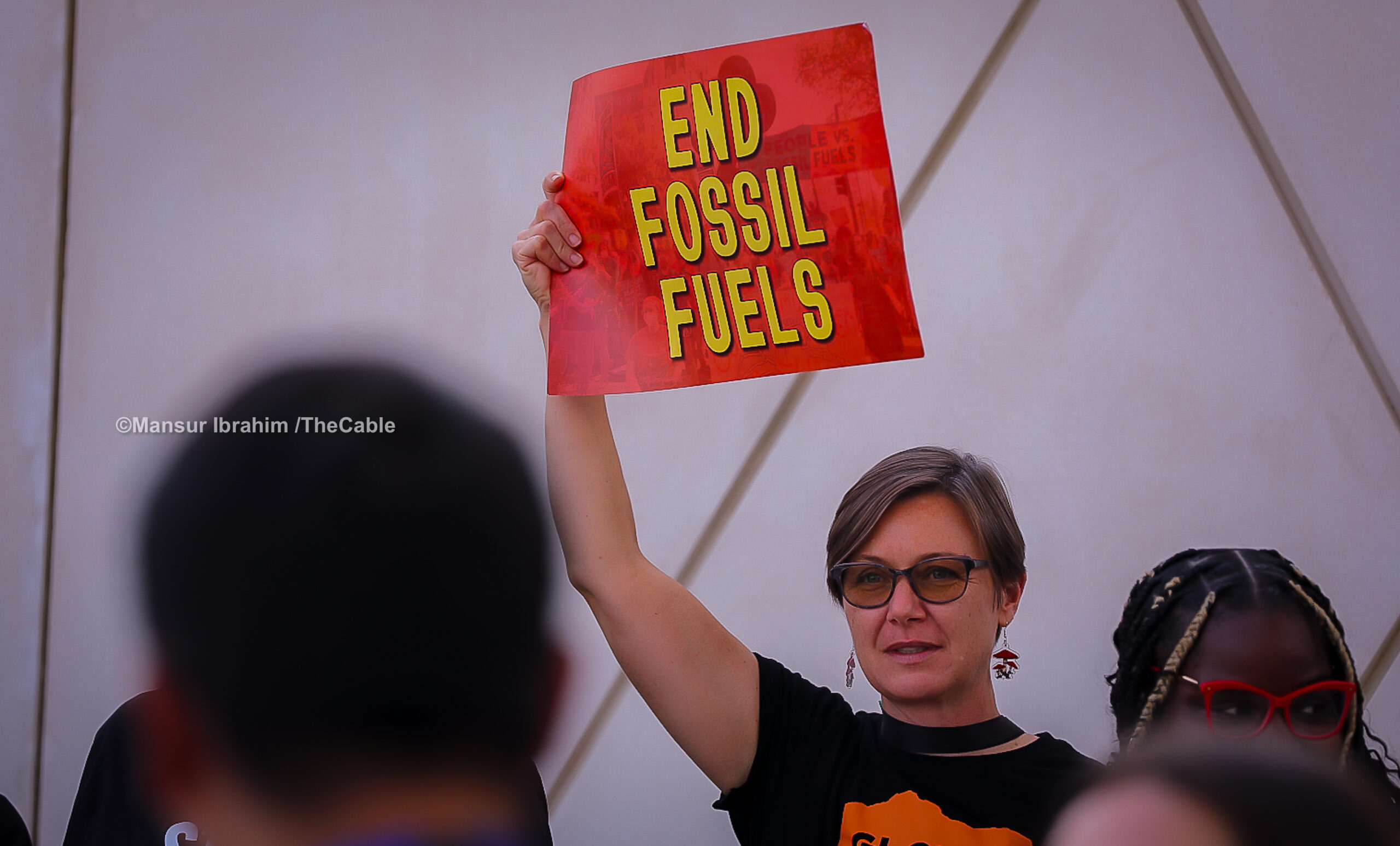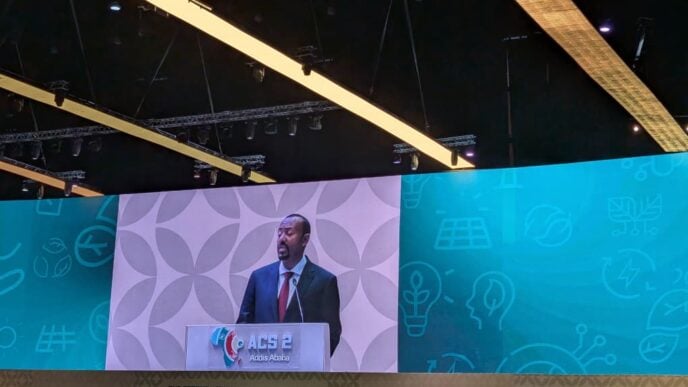Flooding in Lagos | 2024 file photo
Climate change directly affects our communities, health, and livelihoods.
Yet, media coverage often prioritises politics and business over climate-related stories, leaving crucial environment news under-reported.
Climate Watch seeks to bridge this information gap, ensuring that important climate change stories and mitigation efforts stay on your radar.
Here is a round up of last week’s climate stories:
Advertisement
- The Kaduna state government has commenced the desilting of 200,000 metres of drainage channels as part of efforts to mitigate flooding across the state.Speaking at the flag-off of the exercise in Sabon Tasha on August 21, Abubakar Buba, commissioner for environment and natural resources, said the project also includes the dredging and expansion of River Kaduna.Buba, represented by Linda Yakubu, the ministry’s permanent secretary, said the programme is supported by the Agro-Climatic Resilience in Semi-Arid Landscapes (ACReSAL) and will cover Kaduna, Zaria and Kafanchan.“Last year we cleared 160,000 metres of drainages. This year, we increased it to 200,000 metres to expand coverage and protect more communities,” he said.The commissioner explained that Sabon Tasha was selected for the flag-off due to recurring flash floods in the area.
“Government has provided the drainages, but citizens must keep them free from refuse to allow water flow. Dumping refuse at median separators is an eyesore and exposes residents to disease outbreaks,” he added.
Ikramat Umar, assistant chief at the disaster reduction unit of the National Emergency Management Agency (NEMA), said addressing flooding requires collective responsibility.
“Government has shown commitment; residents must stop dumping waste into drainages,” she said.
AdvertisementAlso speaking, Rahama Suleiman, head of environment, climate and energy at the National Orientation Agency (NOA), commended the initiative and said the agency is sensitising communities on the dangers of dumping waste in waterways.
Michael Augustin, coordinator of Concerned Sabon Tasha Youth, pledged to support the effort.
“We will work with the government task force to stop traders from turning road dividers into refuse dumps,” he said.
- The National Emergency Management Agency (NEMA) has implored residents living along the River Niger in Kebbi, Niger, and Kwara states to move to safer areas. In a statement, Zubaida Umar, NEMA director-general, said the directive follows alerts of rising water levels in the Republic of Benin. Umar said the agency has activated its flood preparedness and response protocols. She called on state governments to implement contingency plans to lessen the impact of potential flooding. Read more here.
-
Sheriff Oborevwori, governor of Delta, says the state is committed to scaling up investments in renewable energy. Speaking in Abuja on August 20, Oborevwori described renewable energy as a “cornerstone for unlocking productivity, attracting investments, and enhancing the livelihoods” of residents. The governor added that Delta state will fully take advantage of national energy initiatives. Find out more here.
- A report jointly released by the World Health Organisation (WHO) and the World Meteorological Organisation (WMO) states that workers’ productivity drops by two to three percent for every degree above 20°C. According to the agencies, climate change is accelerating intense heatwaves, with half of the world’s population already suffering from the consequences of soaring temperatures. The report noted that manual workers in sectors like agriculture, construction, and fisheries are particularly vulnerable, alongside children and older adults in developing countries. Read more here.
Advertisement
